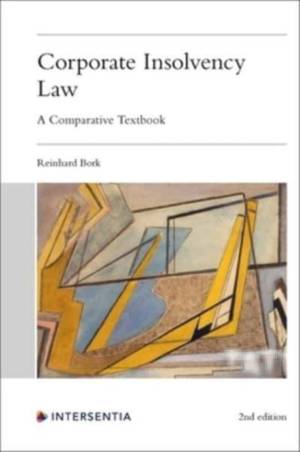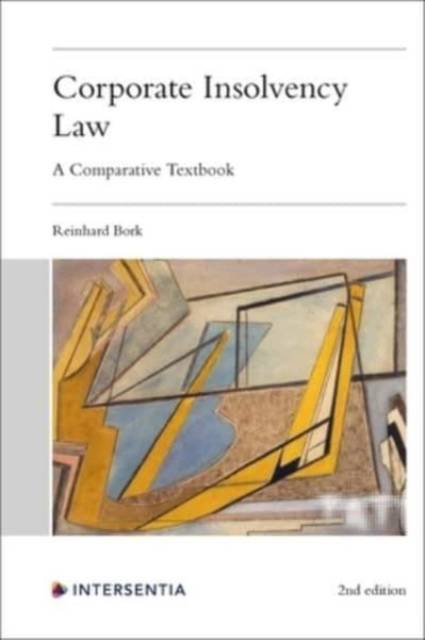
- Retrait gratuit dans votre magasin Club
- 7.000.000 titres dans notre catalogue
- Payer en toute sécurité
- Toujours un magasin près de chez vous
- Retrait gratuit dans votre magasin Club
- 7.000.0000 titres dans notre catalogue
- Payer en toute sécurité
- Toujours un magasin près de chez vous
Description
This textbook deals with the foundations and key issues of corporate insolvency law and approaches the topic from a comparative perspective, i.e. it does not concentrate on one insolvency law in particular but rather introduces the relevant rules from various jurisdictions, primarily England (and Wales), France, Germany and those of the USA. It is case focused and designed for learning and teaching corporate insolvency law.
The 2nd edition covers the latest case law and developments in the topic.
“It is clear that extensive research went into this book and that it is an extremely valuable step forward in learning on the topic. It will be very helpful to all those who embark on a study of insolvency and restructuring law and I have no doubt that it will find its way in academia and practice.”
From the Foreword by Professor Michael Veder, Radboud University
Prof. Dr. Reinhard Bork is Professor of Law at the University of Hamburg/Germany, where he held the chair for Civil Procedural Law until 2022. He has held the position of Dean of the Law Faculty, was Robert S. Campbell Visiting Fellow at Magdalen College, Oxford/UK twice, and is currently also Visiting Professor for International Insolvency Law at Radboud University Nijmegen/the Netherlands and Senior Research Fellow, Commercial Law Centre, Harris Manchester College, Oxford/UK. He has previously served as a judge at the Upper State Court (Court of Appeal) in Hamburg, the Commercial Law Division. He has considerable experience as an arbitrator in national and international cases.
Professor Bork is the author of Principles of Cross-Border Insolvency Law, a groundbreaking study on the impact of basic tenets underlying international insolvency law, which was published by Intersentia in 2017. He co-authored – together with Professor Michael Veder – Harmonisation of Transactions Avoidance
Laws, also published by Intersentia in 2022.
Spécifications
Parties prenantes
- Auteur(s) :
- Editeur:
Contenu
- Nombre de pages :
- 250
- Langue:
- Anglais
Caractéristiques
- EAN:
- 9781839704024
- Date de parution :
- 31-10-23
- Format:
- Livre broché
- Dimensions :
- 152 mm x 229 mm
- Poids :
- 452 g

Les avis
Nous publions uniquement les avis qui respectent les conditions requises. Consultez nos conditions pour les avis.






